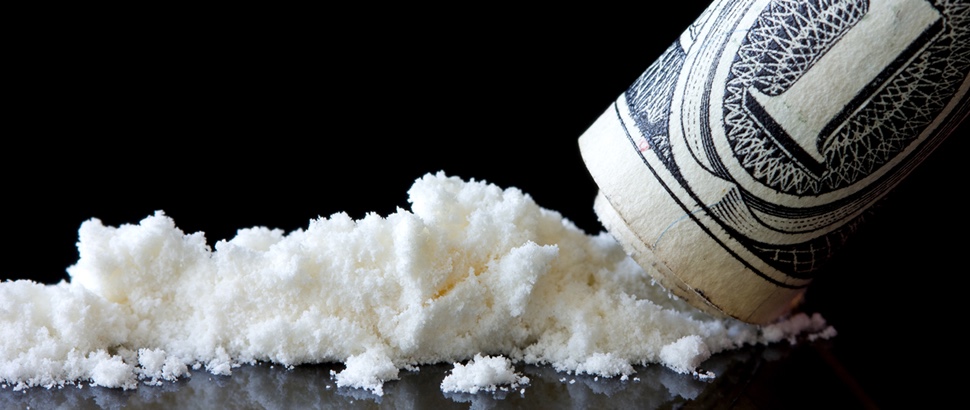

A 25 year old trainee surgeon was on a night out with friends in the city centre. He used cocaine very occasionally & only at weekends with friends who were not medical, and drank socially. Unfortunately following an incident outside a club, his group was searched and he was found to be in possession of a small amount of cocaine.
This led to an appearance in the local Magistrates' Court, and as happens to any doctor appearing in court for any offence, he was reported to the GMC. This was followed by an appearance at a GMC Fitness to Practise hearing, and by nature of the offence he was presumed to be an addiction problem, and dealt with under health procedures.
He was suspended from his job, initially for twelve months and referred for psychiatric opinions and to the British Doctors and Dentists Group. Regular hair testing for drugs of abuse was carried out, plus bloods for CDT levels indicating recent alcohol consumption. Since abstinence from all mood altering substances is required in cases of addiction, this meant that even though he was not an addict and only had the cocaine for recreational use on that one occasion, he could no longer even enjoy a social drink.
His testing remained negative over an eighteen month period and he was eventually allowed back to work, after considerable disruption to his training.
This case serves as a reminder of the consequences of using street drugs – even if only for social use, they are still illegal and possession of even a small amount for personal use is taken very seriously by the GMC. In its medical Student Guidance, probity is emphasised http://www.gmc-uk.org/education/undergraduate/professional_behaviour.asp and doctors are required to 'comply with the laws of the UK'.
Also the GMC publication ‘Good Medical Practice’ http://www.gmc-uk.org/guidance/good_medical_practice/probity_honest_trustworthy.asp states: 'You must inform the GMC without delay if, anywhere in the world, you have accepted a caution, been charged with or found guilty of a criminal offence, or if another professional body has made a finding against your registration as a result of fitness to practise procedures.'